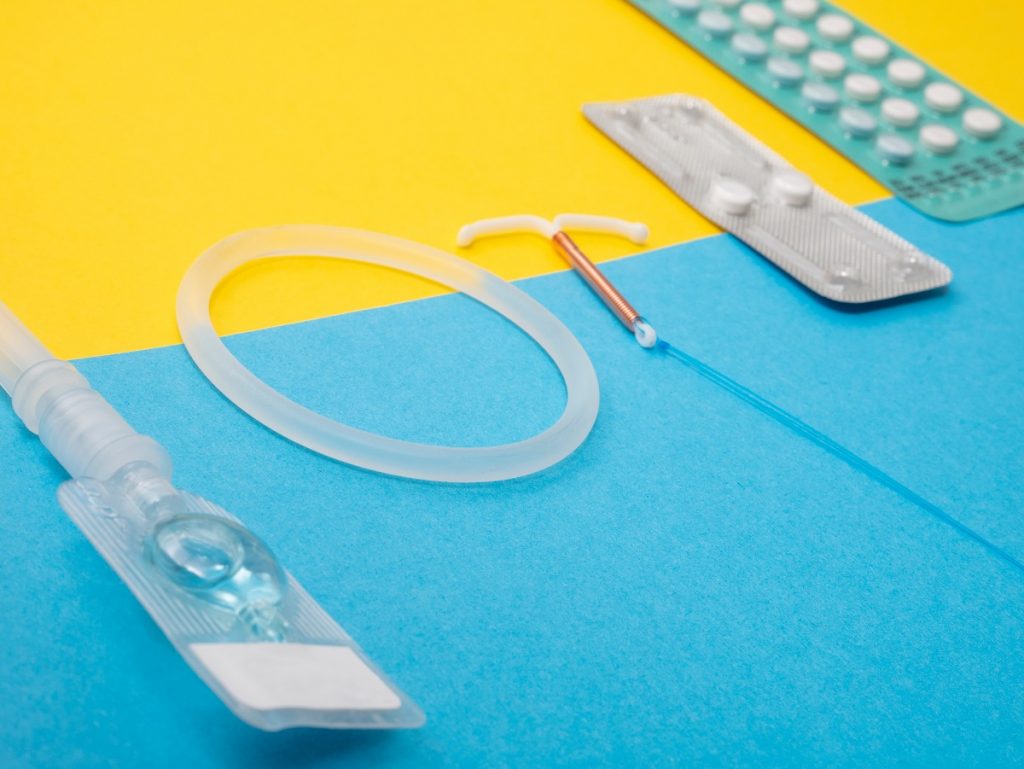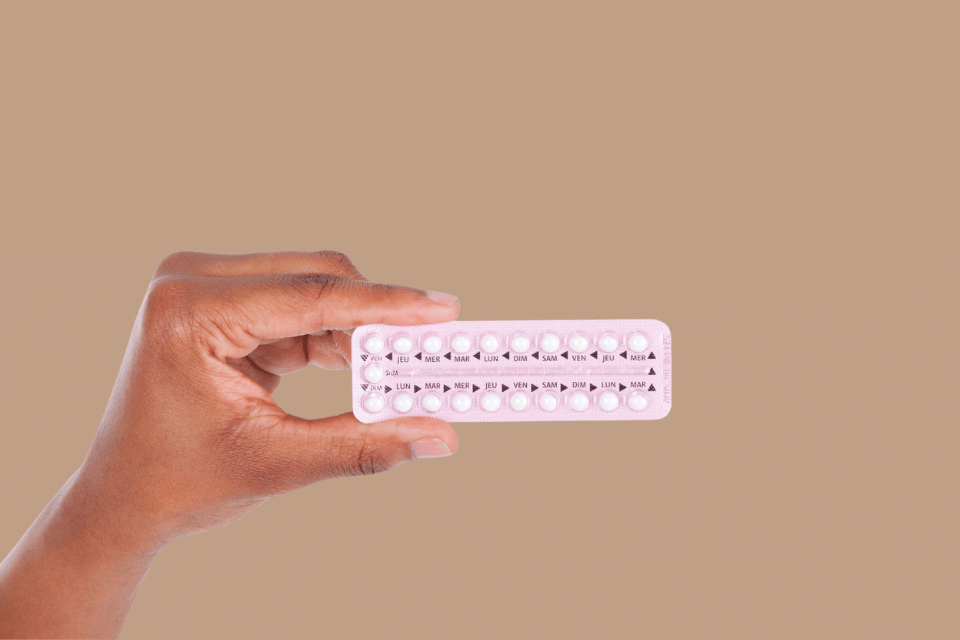It’s an incredibly common form of birth control, one that’s relied on by pubescents and mothers alike for an array of reasons. But is it right for you?
What Is It?
They’re teeny tiny pills, usually marked with a day of the week, each containing a dose of hormones that, when taken daily, work with your body to prevent pregnancy. It does this by preventing ovulation, meaning no egg is released. Without a mature egg, sperm can’t fertilise and produce an embryo. Some packages include a week of pills sometimes coloured differently – these are placebos without hormones. Without the hormones, your body menstruates. Some women choose to skip the placebos, opting out of their periods altogether (although this is a risky practice and shouldn’t be done multiple months in a row).
What Are The Pros Of Taking The Pill?
Taking a pill at the same time every day forms part of a routine, like drinking a cup of water when you wake up and washing your face. They’re also often prescribed when women have painful, heavy periods, or have troublesome acne, since the combination of hormones often mitigate these. In other cases, it can help with anaemia, endometriosis and even protect against ovarian cancers (in the case of combination birth control).
But Hold On – Why Are There So Many Kinds?
Ah, young padawan, therein lies the true adventure!
Combination pills are called this because they contain a mix of both estrogen and progestin. There’s a few options, depending on which dose of hormones is right for you. Some are monophasic, meaning you’ll get the same amount of hormones every day. Others are multiphasic, meaning the ratio of estrogen and progestin differs from week to week. Mention this in your consultation to get definitive answers for your body.
There are also progestin-only pills, often referred to as the minipill. For some women – those who smoke, are over the age of 35, have a history of blood clotting or breast cancer – estrogen exposure needs to be minimised, so the minipill would be better. But if you have breast cancer, or unexplained uterine bleeding, your doc might advise against you taking the minipill.
Any Side-Effects?
If you stop taking the pill, or take them at different times, you may open the window for fertilisation and pregnancy. Some women experience depressive symptoms, weight gain, a lowered libido and breast tenderness, to name a few. If the side-effects become unmanageable for you, book a consultation to find other options – there are loads.
Sources: NHS UK, Healthline and Zoie Health experts

